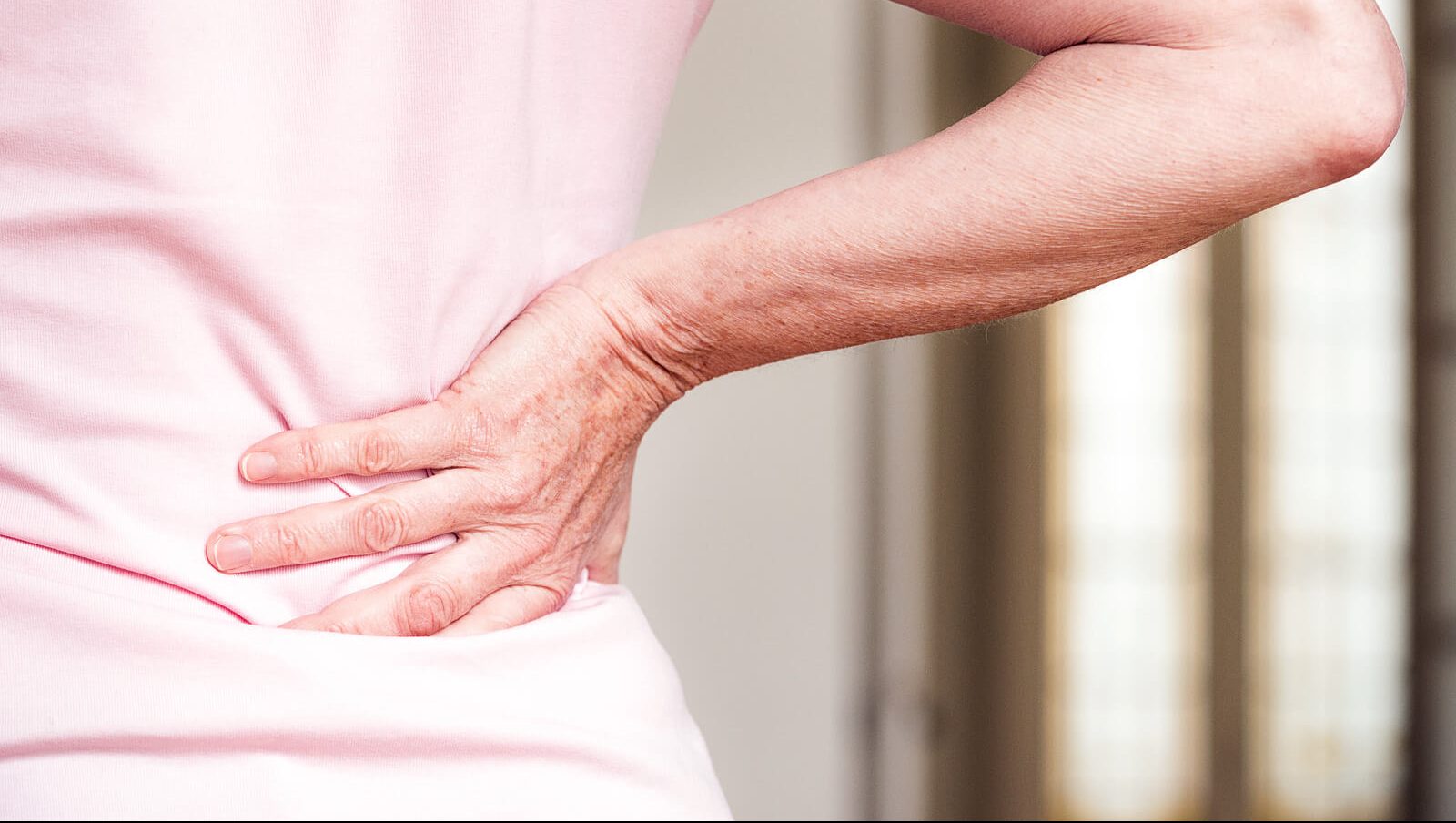Degenerative disc disease or ‘DDD’ is a term that causes a lot of confusion amongst people.
There are a lot of negative connotations associated with hearing the words ‘degenerative’ and ‘disease’ especially when related to the spine.
However DDD is not a diagnosis but a term used to describe the state of the disc which is generally the result of multiple factors(1).
DDD is a normal biological process that occurs with ageing, however things such as lifestyle (smoking, obesity etc.), genetic predisposition and mechanical loading (too much or too little) will affect the rate of disc degeneration.
Vertebral discs reside between the bony lumbar vertebrae and have different roles depending on where they are.
In the lower back (lumbar region) the discs are designed to absorb compressive loads while in the neck (cervical region) there is a bias towards rotational load.
Those who have been to a physiotherapist or doctor with a low back injury may have been told about how the disc works like a sponge to absorb and disperse load through out the spine.
This function is also a vital part of how the disc receives nutrients and blood supply to keep it healthy, hence why loading the spine is important to keep it healthy and strong.
Bone and disc in this sense follow the same principles as muscles and tendon, it must be loaded enough to cope with the demands required.
These demands will vary from person to person (bricklayer vs. office worker), which is where factors other than normal ageing may impact on the rate of degeneration.
It is clear that DDD is a normal occurring process but physiotherapists and doctors will commonly hear patients say they have ‘bad discs’ because an x-ray has commented that DDD is present at one or multiple levels.
Disc degeneration can and is often present but not always the source or cause of an individuals pain.
Studies using MRI (gold standard for imaging) found that 85% of individuals diagnosed with DDD at one or more levels had NO associated symptoms(2).
The important message to take away from this information is that degenerative disc disease is a common, normally occurring process and does not necessarily mean it is the cause of your back pain.
Exercise and movement is beneficial to a good healthy spine and should not be discouraged if you are able and your physiotherapist or doctor says it is suitable for you.
References
- Hadjipavlou AG, Tzermiadianos MN, Bogduk N, Zindrick MR. The pathophysiology of disc degeneration: a critical review. J Bone Joint Surg Br. 2008;90(10):1261-70.
- Masui T, Yukawa Y, Nakamura S, Kajino G, Matsubara Y, Kato F, et al. Natural history of patients with lumbar disc herniation observed by magnetic resonance imaging for minimum 7 years. J Spinal Disord Tech. 2005;18(2):121-6.

